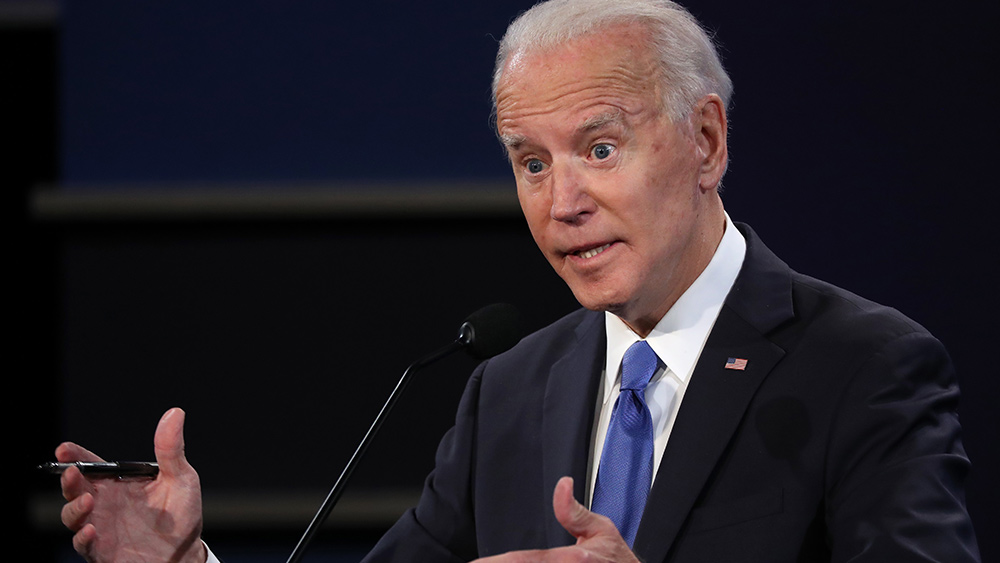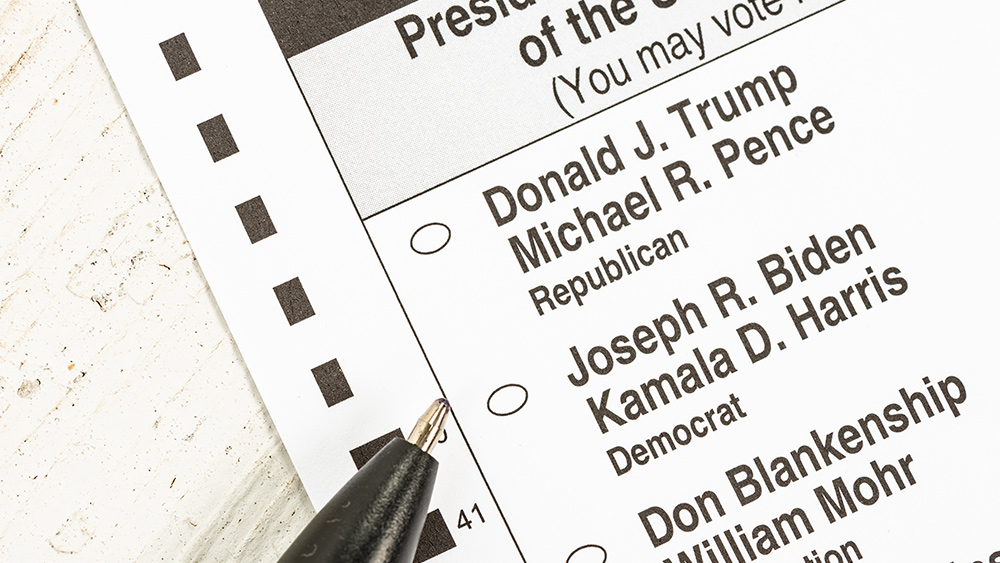CLIMATE CORRUPTION: Most carbon “offset” projects are SCAMS, new report finds
09/27/2023 / By Ethan Huff

A joint investigation by The Guardian and the non-profit climate watchdog group Corporate Accountability has found that the “vast majority” of environmental projects supposedly aimed at offsetting greenhouse gas (GHG) emissions via the voluntary carbon market (VCM) are scams.
Of the top 50 emissions offset projects evaluated, 39 of them, or 78 percent, ended up having to be categorized as “likely junk or worthless” due to researchers identifying one or more “fundamental failings” in their structure and operations.
As a general rule, “green” climate projects that claim to tackle GHG emissions are not what they seem, the investigation revealed. At best, the projects greatly exaggerate their climate benefits while underestimating the potential harm caused by what they are doing. At worst, their leaders are taking all that investment cash and spending it on toys and pleasure.
Data for the study was collected from Allied Offsets, the world’s largest and most comprehensive emissions trading database. Allied Offsets aggregates information about projects traded within the VCM ecosystem from their very inception, producing data that shows how effective or not their efforts truly are.
Besides the 39, or 78 percent, projects that were categorized as “likely junk or worthless,” another eight, or 16 percent, were found to be “problematic” with at least one fundamental failing, which probably means that they are junk as well.
That leaves just three out of 50 emissions-related climate projects that maybe pass the test of being legitimate operations. Simply put, the entire carbon offset market is basically a scam with very few, if any, exceptions.
(Related: Back in March, the world’s largest seller of so-called carbon “credits” was exposed as a scam operation – the entire green industry is a scam.)
$1.16 billion in carbon credits already traded tied to projects classified as “likely junk or worthless”
Of those three projects that were not immediately dubbed as “problematic” or “likely junk or worthless,” not a single one could be properly assessed or classified due to a lack of available public information. This means that, in all likelihood, 100 percent, or all, of the top currently operational carbon offset operations are probably bunk.
Not only that, but the vast majority of carbon credits that have been traded so far, about $1.16 billion worth, are attached to projects classified as “likely junk or worthless.” This leaves pretty much zero carbon offset projects that are actually legitimate.
“The criteria for assessing whether a project is likely junk was based on whether there was ‘compelling evidence’ or a high risk that the project could not guarantee additional GHG emission cuts,” reported Annabel Cossins-Smith, writing for Power Technology.
“In some cases, there was evidence to suggest that projects were leaking further, additional emissions or simply shifting emissions elsewhere. In other cases, evidence was found to suggest that a project’s climate benefits had been exaggerated.”
The research also uncovered the fact that the carbon market at large is not doing anything to stop global warming or climate change. To the contrary, the carbon market was found to be “actively exacerbating the climate emergency,” not making it any less of a risk as climate fanatics claim.
“The ramifications of this analysis are huge, as it points to systemic failings of the voluntary market, providing additional evidence that junk carbon credits pervade,” said Anuradha Mittal, director of the Oakland Institute think tank.
“We cannot afford to waste any more time on false solutions. The issues are far-reaching and pervasive, extending well beyond specific verifiers. The VCM is actively exacerbating the climate emergency.”
The latest news about the carbon offset scam and other global warming hoaxes can be found at GreenTyranny.news.
Sources for this article include:
Submit a correction >>
Tagged Under:
big government, carbon, carbon offset, Climate, climate change, conspiracy, corruption, crime, deception, environmental, fascism, global warming, green, Green New Deal, green tyranny, hoax, likely junk, report, scam, Study, truth
This article may contain statements that reflect the opinion of the author
RECENT NEWS & ARTICLES
COPYRIGHT © 2017 PENSIONS NEWS




















